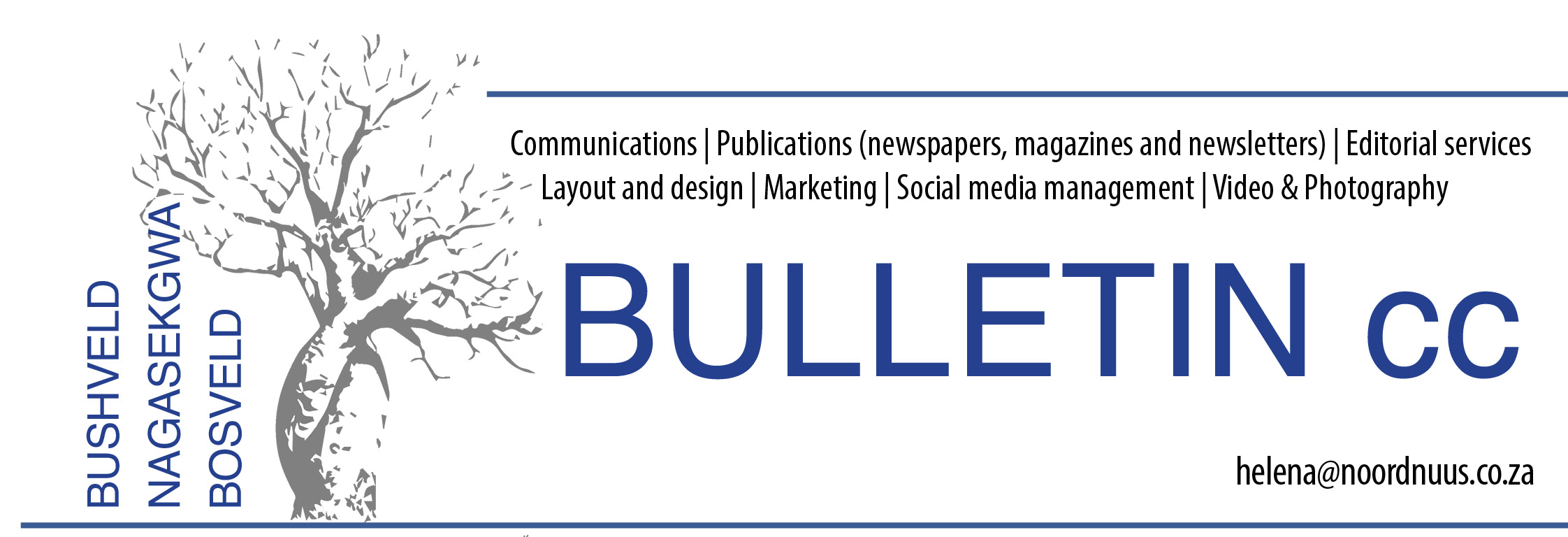Bottled water - here's the breakdown
Bottled water is the fastest growing drink choice worldwide. In South Africa, bottled water (or packaged water, as it is referred to in the legislation) is regarded as a food product and as such is governed by the Department of Health.
Drinking/tap water and bottled/packaged water cannot be compared in terms of legislated category and quality because they need to comply with different standards and legislation.
According to South Africa’s packaged water legislation, there are three main types of bottled water:
a. Natural Water
b. Water Defined by origin
c. Prepared Water
a. Natural Water: (e.g. natural mineral water, natural spring water)
This is water of certain composition, obtained directly from a natural or drilled underground source, bottled near the source under hygienic conditions. Permitted treatment includes separation from unstable constituents (such as iron manganese, sulphur) by means of filtration or decantation, without modifying the original mineral content of the water.
Approximately 70% of all bottled water in South Africa is natural water.
b. Water Defined by Origin (including spring and mineral water):
This is water from a specific environmental source, such as a spring, without passing through a community water system. Treatment may not alter the essential physical-chemical characteristics or compromise the safety of the packaged water. Permissible treatments include:
- Remove or eliminate dissolved gasses and unstable constituents (such as compounds containing iron, manganese, sulphur, excess carbonates).
- Reduction or separation of elements originally present in excess of maximum limits stipulated in SANBWA’s standards without modifying the general mineral composition of the water.
- A single or combination of antimicrobial treatments such as 0.2-micron filtration, heat sterilisation, UV treatment or ozonation
- Addition of air, oxygen, ozone or CO2.
Due to antimicrobial treatment required for water exposed to the environment, the water in this category may not be called ‘natural’ although it originates from a natural environmental source.
Spring water is bottled water sourced from an underground formation from which water flows naturally to the surface of the earth, and which is collected from the spring or from a borehole tapping the underground formation, and which may be classified as a Natural Water (if collected by means of a borehole) or as Water Defined by Origin (an antimicrobial treatment is allowed).
Mineral water is bottled water, obtained direct from subterranean water-bearing strata, which contains mineral salts in various proportions, characterised by its mineral content of constant composition and temperature, taking into account natural cycles and fluctuations. It may be classified as a Natural Water or as Water Defined by Origin (if an antimicrobial treatment is applied).
Approximately 20% of all bottled water in South Africa is Water Defined by Origin.
c. Prepared Water:
This is water that has undergone antimicrobial treatment as well as treatment that alters the original physical or chemical properties of the water. Water bottled from an underground or a municipal source, that has undergone both reverse osmosis and ozonation as a minimum, would be categorised as Prepared Water. Permissible treatments include:
- Any antimicrobial treatment. UV not allowed as a sole antimicrobial treatment.
- Treatments to remove or reduce chemical substances above maximum limits including treatments that modify the physiochemical composition and characteristics of the original water source – such as reverse osmosis.
- Remineralisation. The prepared packaged water must meet requirements for bottled water stipulated in SANBWA’s standards.
Approximately 10% of all bottled water in South Africa is Prepared Water. It is safe water that is used for drinking.
What about retailers (stand alone businesses or chain stores) that package water in their stores (often using ozonators or filtering systems) and restaurants, hotels and caterers who use counter-top filtration systems to package water into Grolsch-type glass bottles?
According to South African National Bottled Water Association Executive Director, Charlotte Metcalf, and the Department of Health, if the shop or restaurant fills the water in containers and closes them before offering them for sale, this is packaged water and should comply with the same legislation that bottled water manufacturers comply with. If the consumer brings his or her own container and refills in the retailer’s store, it is drinking water and must comply with drinking/municipal water legislation only.
“The critical health and the quality issue is that retailers and restaurants do not only refill, they bottle stock to sell in the shop or restaurant like packaged water. This water is seldom bottled in specialised facilities such as ‘clean rooms’, nor does it go through any controls and testing procedures. This means it can be produced at a lower price than SANBWA-member bottled water, but the quality and bacterial stability cannot be compared. A beverage bottle is not designed to facilitate adequate cleaning and hygienic re-filling for the food category”
In summary, the Department of Health views waters as follows:
- Tap water = drinking water and needing to comply with public water supply regulations
- Bottled water = packaged water and needing to comply with packaged water legislation
- Bulk water transported in tankers to distribute to rural or urban areas = public water supply and not within the scope of packaged water legislation
- Re-filling into the consumer’s own containers = drinking water not within the scope of packaged water legislation
- Bulk water in large bottles for office coolers = packaged water
- Bench-top treated waters and shop-floor treated waters bottled on site = packaged water
Water, in all its forms, is critical for human health. Bottled water does not compete with other waters but against other packaged beverages.
SANBWA is a voluntary self-regulating industry body with its own stringent Standard. Water bottled according to this Standard carries the SANBWA seal, which ensures that the water source is environmentally sustainable, that the water is free of chemical contaminants and microbiological impurities such as E.coli and that it has been bottled under hygienic conditions. It also confirms conformance to legislation and international standards and best practise.















0 Comments